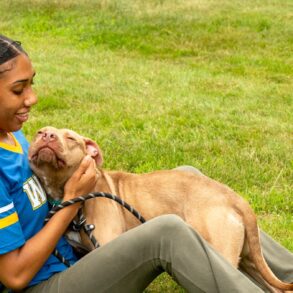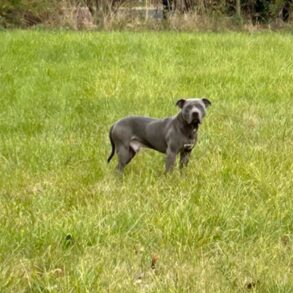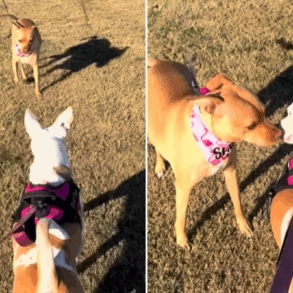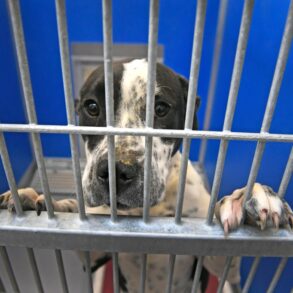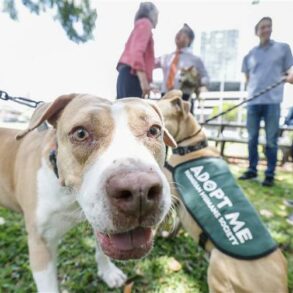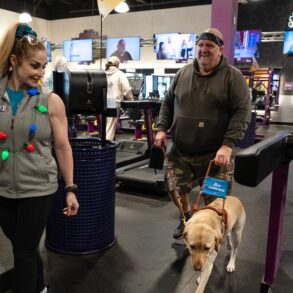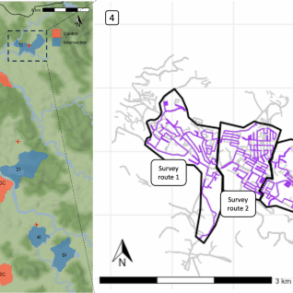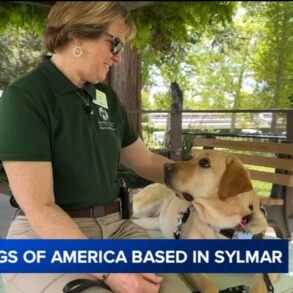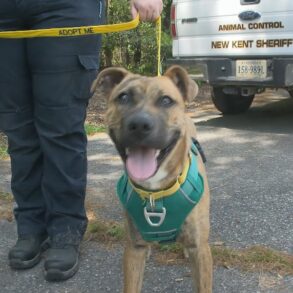Posted:
State health officials say a pet dog tested positive for rabies earlier this month in Pike County.
The Alabama Department of Public Health confirms that a bulldog was in Pike County near County Road 7708. The dog’s owner reported that the bulldog was acting aggressively toward other animals and the owner, so the owner called Troy Animal Control.
Several other dogs live around the residence and are being monitored for signs of rabies.
ADPH is monitoring and urging people in the general area to keep their pets and other animals current on rabies vaccination. Additionally, anyone who comes into contact with a wild or stray animal should avoid direct contact. ADPH is working with animal control officers to determine the status and location of the remaining dogs on the property.
Rabies is primarily spread through a bite, but can also be spread by any contact with infected saliva. A person should avoid bare-skin contact with animals suspected to have rabies.
According to Dr. Dee W. Jones, State Public Health Veterinarian, “Further testing is being done on the dog to identify the strain, but it is most likely to be a raccoon strain of rabies.” He adds, “The concern is always heightened when we have spillover from the wildlife into domestic animals because that increases the risk of human exposure exponentially. He further reminded people that during the spring of the year there is more wildlife movement and a greater risk of rabies transmission to unvaccinated pets and other animals.”
Alabama state law requires that dogs, cats and ferrets 12 weeks of age and older be current with rabies vaccination. Rabies vaccines are also available for horses and other livestock if recommended by a veterinarian.
Vaccinating animals reduces the risk of rabies infection should an exposure occur; thus, vaccinations help protect animals and their owners and caretakers.
Rabies prevention is multifaceted. It involves people taking precautions with wildlife, making sure their pets are current on rabies vaccinations, and always reporting an animal bite or other exposure to their medical provider or ADPH. In addition to vaccination, area residents are advised to take the following precautions to avoid possible exposure to rabies:
· Do not allow pets to run loose; confine them within a fenced-in area or with a leash.
· Do not leave uneaten pet food or scraps near your residence.
· Do not illegally feed or keep wildlife as pets.
· Do not go near wildlife or domestic animals that are acting in a strange or unusual manner.
· Caution children not to go near any stray or wild animal, regardless of its behavior.
- Information from the Alabama Department of Public Health
This post was originally published on this site be sure to check out more of their content.







